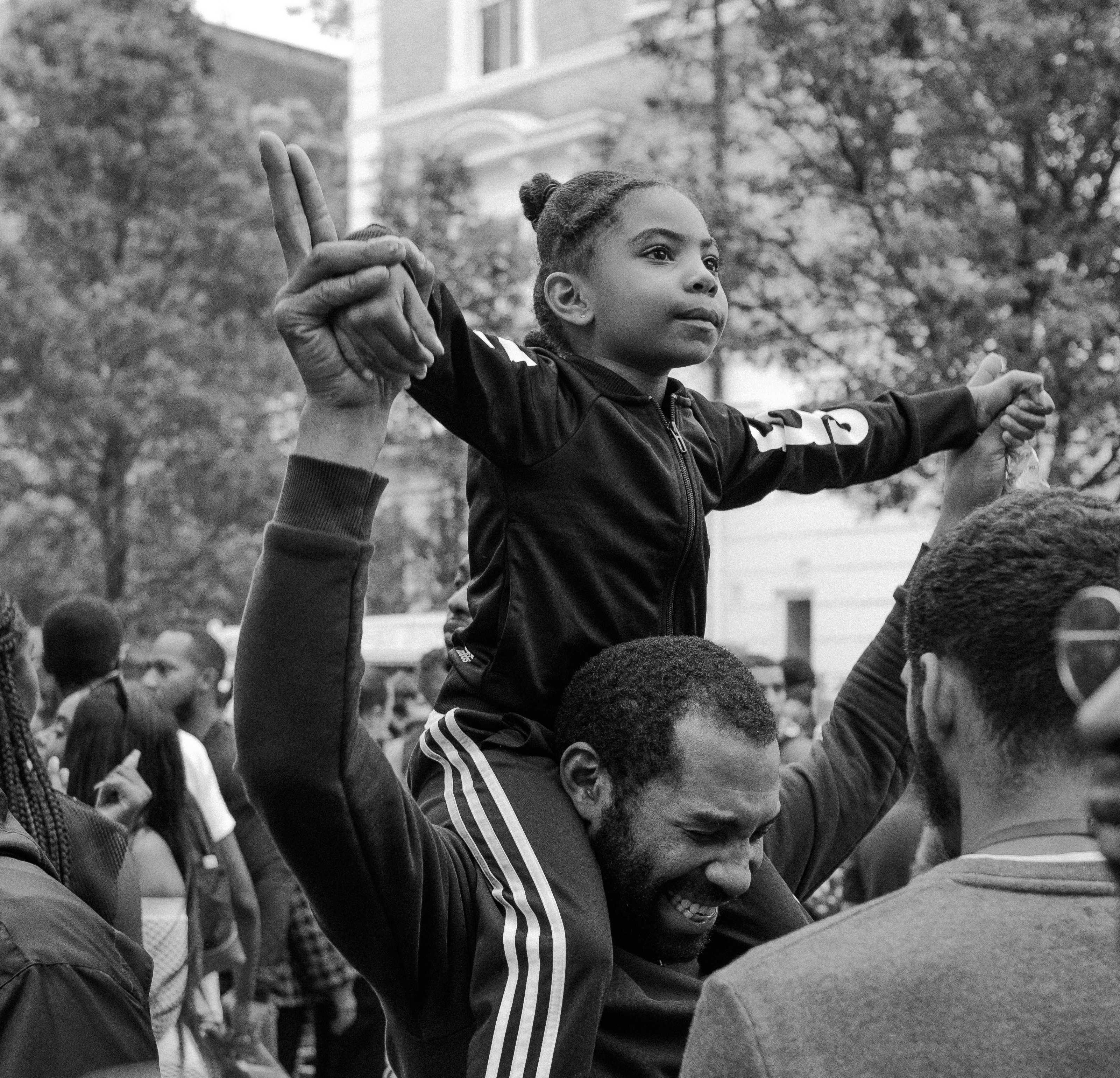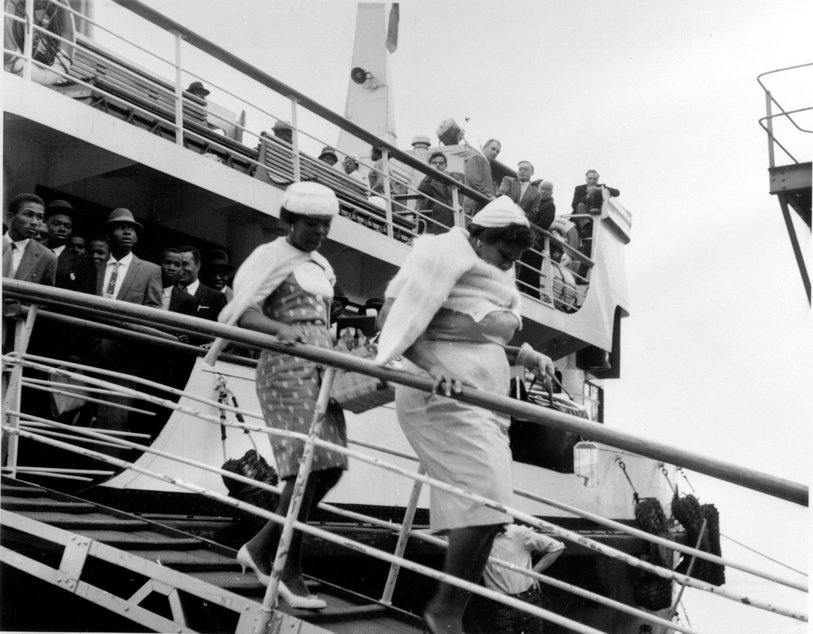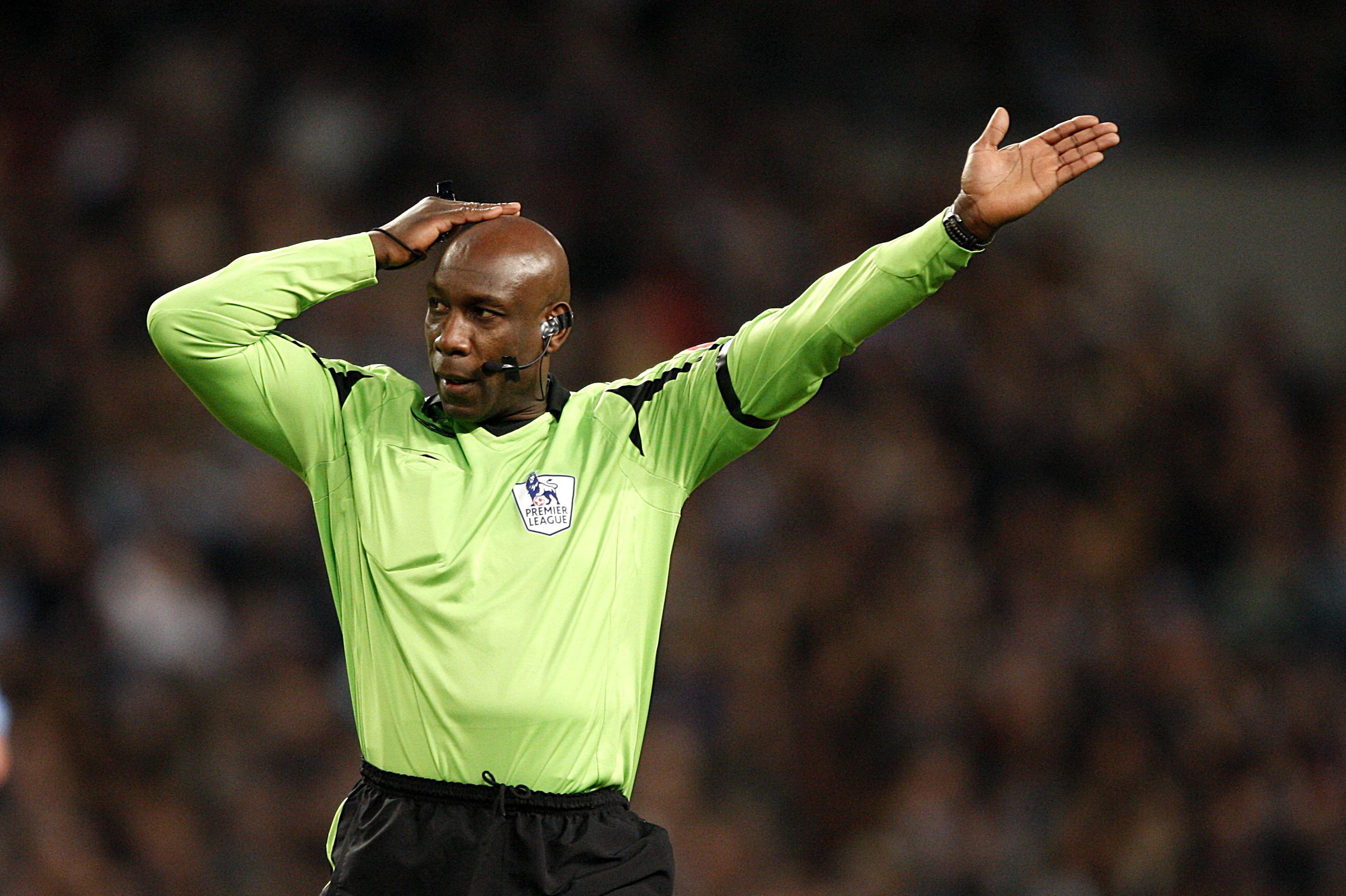Notting Hill Carnival is no pawn in crude culture wars
We can't let cynical, negative framing of the annual Caribbean celebration take away from the beauty and brilliance of Carnival.
In 2020, Tory mayoral candidate Susan Hall described Notting Hill Carnival as "dangerous". She went on to suggest the event should be moved from the west London neighbourhood because it puts local residents through "hell".
“I don't think the public realise just how dangerous it can get,” she wrote in a tweet. “Astonishing that we should put our police in this position every year and the cost to the taxpayers is eye watering."
Hall's comments - which this week have been criticised by Sadiq Khan - are part of a long history of demonising and criminalising London's annual celebration of Caribbean culture. A trend which, as Khan points out, is used to fuel a "crude culture war", and smacks of acute anti-Blackness.
Every year, the parades are accompanied by a slew of headlines outraged at the number of arrests for violence or drug possession - headlines that consistently fail to take into account the historic over-policing of Black communities and Black events, and fail to compare these figures to other large-scale festivals (the arrest rate at Glastonbury, for example, is reported to be almost identical).
These narratives are repetitive, counter-productive and frankly, incredibly boring. The blinkered obsession with creating division for the sake of political point-scoring sucks the joy out of all our lives, reducing an event that could provide a much-needed ray of Caribbean sunshine in an otherwise bleak British summer, into little more than a potential crime scene.
But anyone who has been to Notting Hill Carnival knows this couldn't be further from the reality. Carnival is a kaleidoscopic explosion of sound, colour, taste and movement. A beautiful, brilliant barrage of the senses. The iconic street parties are all about celebration, and these days - almost 60 years since its inception - it has become a blend of Caribbean traditions with the unique experiences of an oppressed immigrant community in specific pockets of London.

For Brits with Caribbean heritage, Carnival is a vital tool of connection and belonging. It is a space to wear your flag, to dance to music you recognise from your childhood living room, to eat food that almost rivals your grandmother’s recipe. As the Windrush Generation slowly disappears, the need for this collective unity only grows. The onus is now on the descendants, the children and grandchildren of the original pioneers, to keep those legacies alive and celebrate the many ways that generations of migrants have contributed to the foundations and fabric of Britain.
Two million people are expected to celebrate Caribbean culture on the streets of west London this weekend. Don’t let the inevitable negative headlines fool you. It will be pure, sun-drenched joy set to a soundtrack of steel pans and soca.
The Lead is now on Substack.
Become a Member, and get our most groundbreaking content first. Become a Founder, and join the newsroom’s internal conversation - meet the writers, the editors and more.





